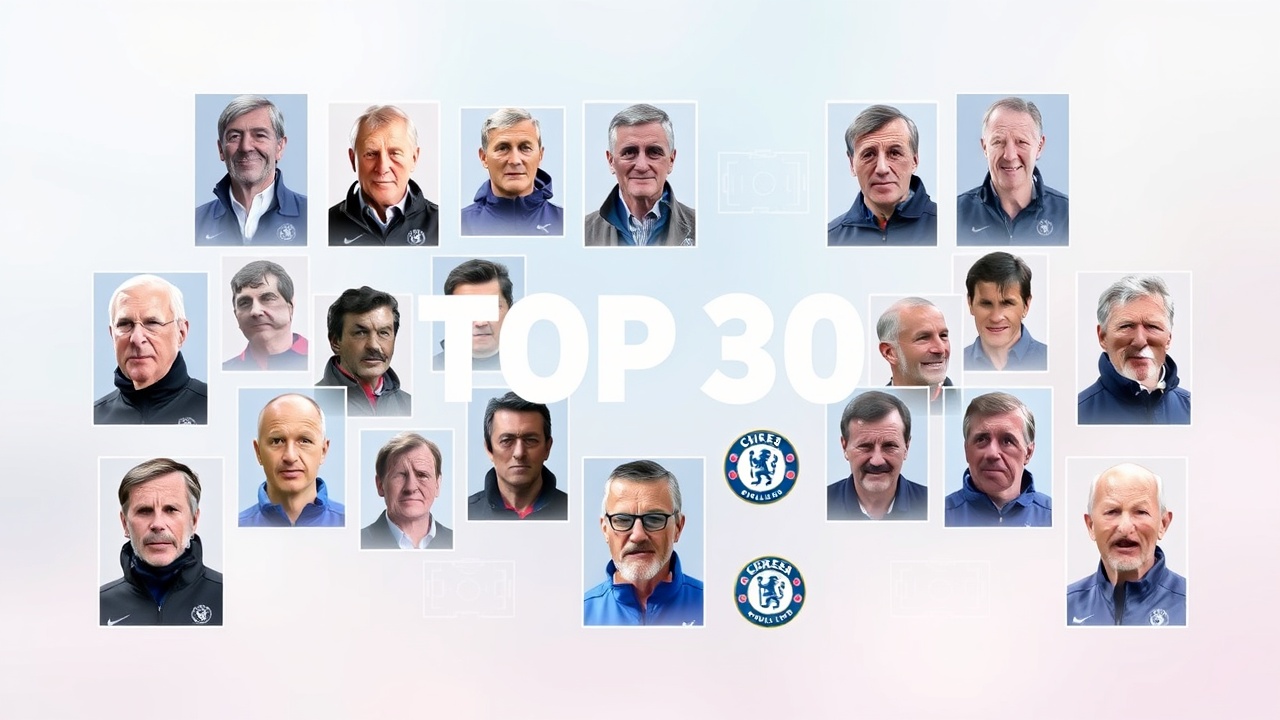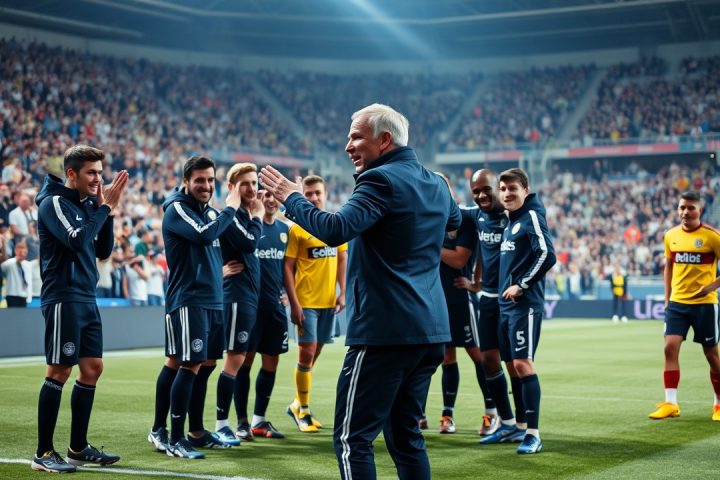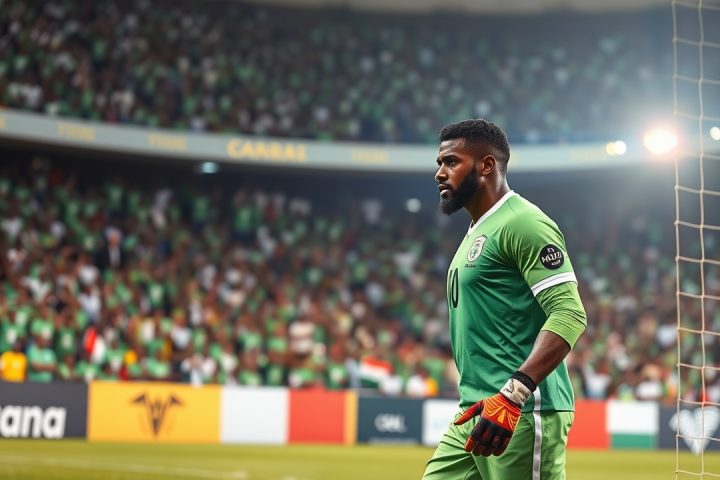Assessing Europe’s Elite: The Top 30 Men’s Club Managers
In the ever-evolving landscape of European football, numerous top-tier managers are either changing clubs or taking sabbaticals, sparking discussions about the finest in the business. This article presents a comprehensive ranking of the top 30 men’s club managers across Europe, blending established legends nearing the end of their careers, up-and-coming talents, and everyone in between.
The process to establish this list began with an expansive shortlist of around 50 candidates, which was carefully distilled to the final 30. To ensure a well-rounded evaluation, insights were gathered from industry professionals, including coaches, sporting directors, and scouts. In crafting this ranking, a method akin to that employed by professional clubs in their managerial searches was used. Each manager was assessed based on six key attributes, which collectively determined their ranking position:
- Coaching Acumen: The capability to integrate coaching methodologies effectively during matches.
- Tactical Style: The attractiveness of the football played, emphasizing proactive attacking strategies.
- People Management: The ability to motivate players and extract optimal performances from them.
- Communication Skills: The strength in conveying a compelling vision and maintaining trust among players and stakeholders.
- History and Achievements: Not just trophies but also other significant accomplishments at clubs.
- X Factor: The manager’s potential to innovate and their resilience in navigating challenges.
Standout Managers
To illustrate some of the standout managers on the list, we examine a few notable entries:
- Toppmöller tops the list of emerging managers with a unique background. Previously an assistant coach under prominent figures like Julian Nagelsmann, he took Eintracht Frankfurt to third place in the Bundesliga, leveraging tactical adaptability amidst player departures.
- Nuno, after a rocky phase at Tottenham, has revived his stature by ensuring Nottingham Forest’s solid performance in the Premier League, fostering a tactically compact team that excels in transition.
- Moyes, a name familiar to many, has evidence of his resurgence at Everton, transforming a struggling side into a more cohesive and competitive unit despite prevalent challenges.
- Allegri, on the other hand, carries a storied career yet faces scrutiny for his conservative style during his return to AC Milan, now tasked with reinvigorating the club amidst ongoing demands for a more exciting brand of football.
- Not to forget Enrique, who showcased his tactical acumen at PSG, orchestrating a successful run that culminated in the club’s first European trophy.
This diverse ranking encapsulates the breadth of managerial talent currently shaping football in Europe, with each individual’s profile reflecting unique journeys and contributions to the sport.




